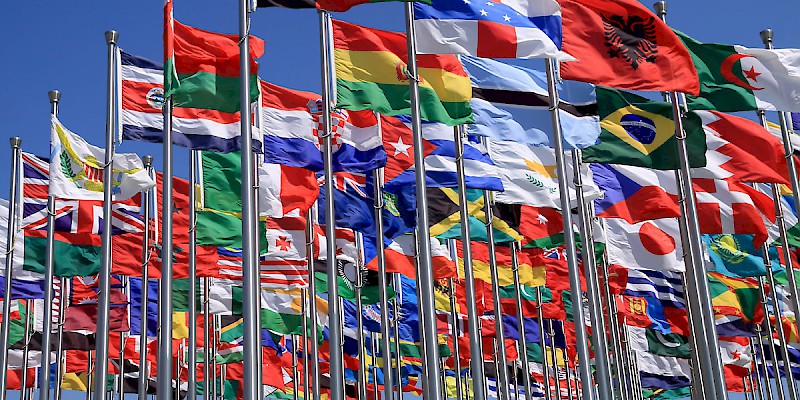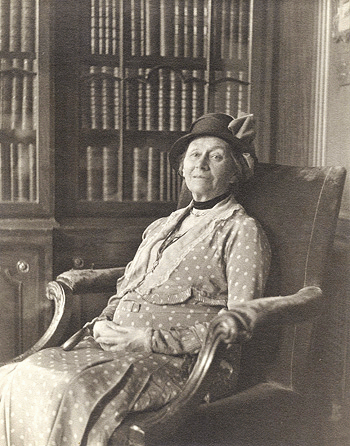Embassies and consulates

Embassies and consulates in the U.K.
The first thing to know: As a foreigner abroad you will always deal with your country's local consulate, never your country's embassy.
Unless you are a diplomat, on-duty military, or get invited to a really fancy party, there is no reason to (and likely no way into) your home embassy. Embassies are where your country's ambassador and his or her staff do their jobs.
What you may be looking for is your home country's local consulate, which is the office that can help out foreign visitors to the U.K. with services and needs—such as lost passports. All national consulates are in London. (For the record, the U.S. and Canada each have a second consulate in Edinburgh, Scotland.)
Note that many consulates require appointments—and even if not, an appointment will make the interminable bureaucratic wait much shorter.
Yes, in a given capital city, your home consulate will likely in an annex of your home embassy. However, the consulate is maintained as a separate section (an ID and an appointment—or loooong wait—will get you into your home consulate; burly Marines will keep you from ever getting into the embassy), and while there is only one embassy there are often multiple consulate, one in each major city.
Also, security tends to be, understandably, strict. Leave at your hotel all bags, backpacks, oversized purses, knives, glass bottles, laptops, cameras, and anything else that would raise eyebrows in an airport security–type situation. (Many also insist you keep your cellphones in your pocket or purse when on the premises—basically so you can't take pictures, which is a security risk.)
- USA (london.usembassy.gov) - American Citizen Services, 24 Grosvenor Square (at Upper Brook St.), W1K 6AH. Open Mon-Fri 8am–5pm. (tel. (0)20-7499-9000; London.usembassy.gov). Tube: Marble Arch (Central), Bond Street (Jubilee, Central).
- Canada (canadainternational.gc.ca) - Canada House, Trafalgar Square (west side, at Pall Mall —visitor's entrance on Cockspur St.), London, SW1Y 5BJ. (tel. (0)20-7004-6000; Canadainternational.gc.ca). Tube: Charing Cross (Bakerloo, Northern).
- Australia (uk.embassy.gov.au) - Australia House, The Strand (where road splits at Aldwych), London WC2B 4LA. Open Mon-Fri 8am–4pm (appointments by phone only 9am–noon). (tel. (0)20-7887-5816; Uk.embassy.gov.au). Tube: Temple (Circle, District).
- New Zealand (Nzembassy.com) - New Zealand House, 80 Haymarket (near Pall Mall), London SW1Y 4TQ. Open Mon-Fri 10am–4pm. (tel. (0)20-7968 2730; Nzembassy.com/united-kingdom). Tube: Charing Cross (Bakerloo, Northern) or Picadilly (Picadilly, Bakerloo).
- South Africa (Southafricahouseuk.com) - Consular section/Passport services: 15 Whitehall St. (just S of Trafalgar Square), London SW1A 2DD. Open Mon-Fri 8:45am–12:45pm. (tel. (0)20-7925-8900, Southafricahouseuk.com). Tube: Charing Cross (Bakerloo, Northern).

 Alice Liddell, Age 7
Alice Liddell, Age 7 Alice Liddell, age 20
Alice Liddell, age 20 Alice Pleasance Liddell Hargreaves, age 80
Alice Pleasance Liddell Hargreaves, age 80




